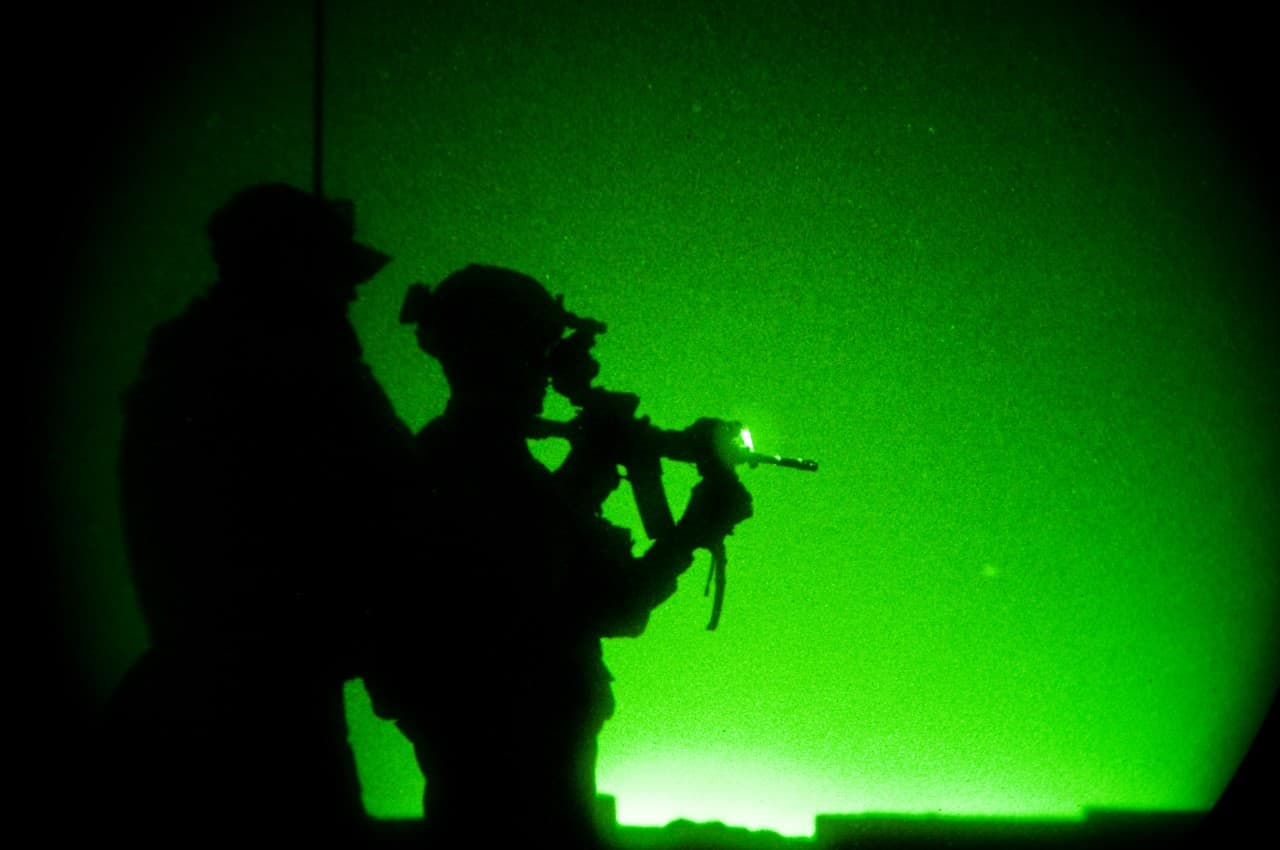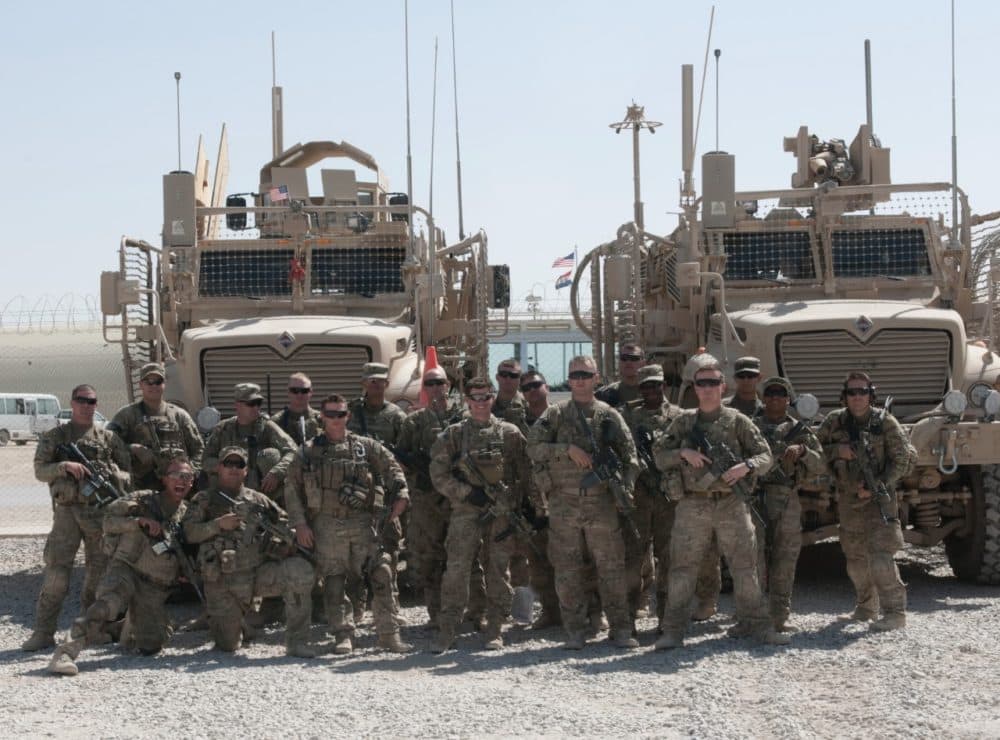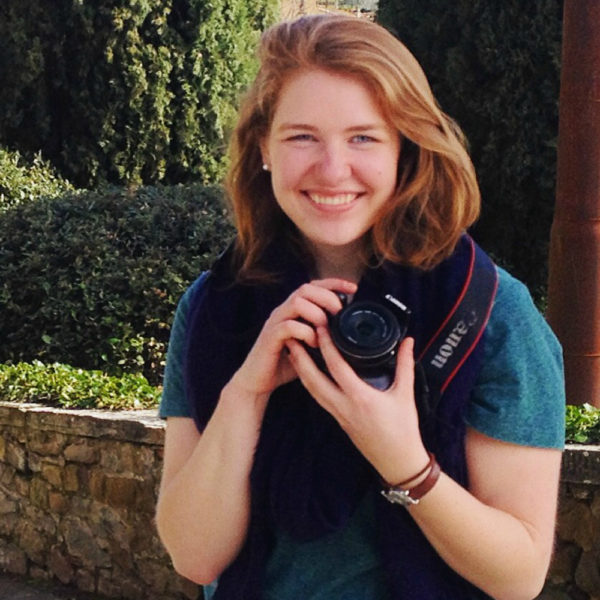Advertisement
A Mass. veteran tries to help his translator's family escape Afghanistan before it's too late

During the 20 years the United States waged war in Afghanistan, American troops relied on local citizens to be their eyes, ears and protectors. Translators, also known as linguists, helped them communicate, navigate the country and avoid danger.
When the U.S. quickly withdrew from the country in August, many of those Afghans who worked with the American military were left behind.
The Taliban, which now controls the government, has marked them and their families for revenge and is actively hunting them down. That’s the scenario facing Ahmad. WBUR agreed to identify Ahmad only by his nickname and not identify his family members to protect their safety.
Ahmad served as a translator for the U.S. military for three years. He immigrated to Georgia in 2015, but couldn’t bring his family with him. They’re now in hiding in Afghanistan.
“I was trying to serve my country ... to bring peace in my country,” Ahmad said. “In the beginning, I didn’t know [the Taliban] were going to harm my family.”
Ahmad is not the Taliban’s only target in his family. His brother served in the Afghan army and remains trapped in Afghanistan. Taliban soldiers have beaten their other family members and kidnapped another one of their brothers.
Ahmad is trying to get them out of the country with the help of one of the American soldiers he served alongside, James Lockett. Lockett is now in his final year of law school at Suffolk University in Boston.
Lockett and Ahmad spoke with WBUR’s All Things Considered host Lisa Mullins about the terror Ahmad’s family faces each day, and the frustrations the two are confronting as they try to help them escape Afghanistan.
Highlights from this interview have been lightly edited for clarity. It includes descriptions of violence.
Interview Highlights
On Ahmad’s role with the U.S. military, and the consequences
Lockett: [Ahmad] went out with us on patrols daily, to serve as our intermediary between the local Afghans we were trying to speak to, whether that be civilians or the Afghan National Defense forces.
But he also served as a set of eyes and ears ... he lived on the base with us, he went out with us, he was in harm’s way with us. He spent every day doing the same patrols that we were, but unarmed — so actually, arguably in more peril than we were. And just by the nature of working with us, he and his family were also in jeopardy.

Ahmad: I grew up in Kabul, and I go to my job in Kandahar — I thought Kandahar was going to be the only place the Taliban know me. I didn’t know that they will come to Kabul and they will find out information about my family.
But they find out the information. And my father called me and he said ‘how are we gonna live here, it’s too much risk for us.’ And then I tell my father ... I have to serve my country, and I have to put my life in danger. And he says, ‘All of us in danger now, what are you gonna do about us?’
And Kabul was safe at that time ... but now, Kabul is not safe. Everybody’s at risk back there.
On what has happened since the Taliban took over
Ahmad: On the second day of when Kabul [collapsed], they attack on my house, and they started beating everybody ... they put all of them in one room and they kept searching every single room. And then they [tortured] my family for a few hours.
Then in front of my family, they shot one of my brothers. Then they took one of my [other] brothers with [them]. I don’t know where he is, he is still disappeared. The one that they shot, after the Taliban left my home, my father took him to the nearest hospital. He is still alive, but he has a bad injury on his back.
After a few days, they come again to my house and they’re asking my father, ‘Are you ready to bring your sons to me?’ He says, ‘I don’t know where my sons are, they are disappeared, I don’t know.’
And [the Taliban] says, ‘I give you one last chance, if you don’t bring your two sons to me, I’m gonna take your daughter. We’re gonna kill one-by-one, all of you.’
Every time when I’m talking to my father, he keeps crying, he says ‘They are coming, they’re gonna kill us, they’re gonna take your sister, and then they’re gonna take another sister, or maybe they’re gonna take your wife.’ And he will keep crying.
Advertisement
On the difficulty of getting Ahmad’s family out
Lockett: The difficulty right now is the tension between the Taliban and the U.S. government in regards to actually letting Afghans leave the country. They are not willing to let Afghans leave the country without an approved visa or with a visa basically pending an interview — which is the last part of the process at a U.S. embassy.
There is no longer an embassy in Afghanistan. So it’s this catch 22 of how do you get people out of Afghanistan if the Taliban is not letting them get out, and the final step is getting out to get that interview. So it’s complicated.
[United States Citizenship and Immigration Services], which is the agency in the State Department that processes these normally, sees about 2,000 applicants a year, and we know from [Ahmad’s attorney] that they probably have upwards of 50,000 applicants already."
On the current situation
Lockett: We were able to move the entire family into a safe house. It’s a location that’s secure where the family members are in hiding from the Taliban. We’ve had various contacts to try and secure these locations throughout the country.
A lot of the houses themselves are provided by other members of Afghan society who are sympathetic to the plight of a lot of people who are in jeopardy.
... The situation changes on the ground daily. We get reports that the Taliban is actively searching for people who are staying in homes. I think every day that passes is a level of discomfort for both of us because we know that time is not on our side. Ultimately, the faster this goes, the better, but unfortunately there are thousands of families that are identical to Ahmad’s. So we’re playing the long game.
On looking back
Ahmad: I think [when] I served with the U.S. Army, I did the right thing. If I lost my family, I would feel so bad — because of my service, I lost my family, and I don’t want to lose my family. If I take them out, I would be so happy that I get the benefit of my service.
Lockett and Ahmad are still looking for ways to get more than a dozen members of Ahmad’s family out of the country to safety; similar efforts have been used to get other high profile Afghans out of the country, including a group of female judges. In the meantime, Ahmad’s family’s immigration applications are pending with the U.S. government.
This segment aired on November 23, 2021.

